Posted on 12/20/2024
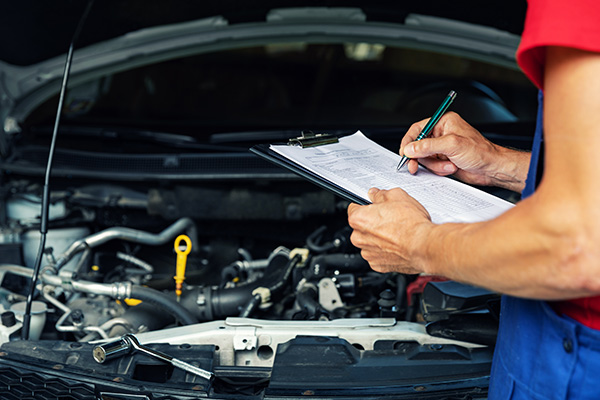
The holiday season is here, and for many of us, that means hitting the road to visit family, explore new destinations, or enjoy some much-needed relaxation. But before you pack the car and start your journey, have you considered the condition of your vehicle? A car inspection might not be the first thing on your mind, but it’s a step you can’t afford to skip. Ensuring your vehicle is road-ready can save you from unexpected breakdowns and keep you and your loved ones safe on the road. Avoiding Unexpected Breakdowns Nothing puts a damper on a holiday trip faster than being stuck on the side of the road. Whether it’s a dead battery, a blown tire, or overheating, vehicle problems can arise when you least expect them. A car inspection helps identify potential issues before they become major problems. Your trusted auto technician will check essential components such as your brakes, tires, battery, and engine. Even something as simple as low f ... read more
Posted on 11/29/2024
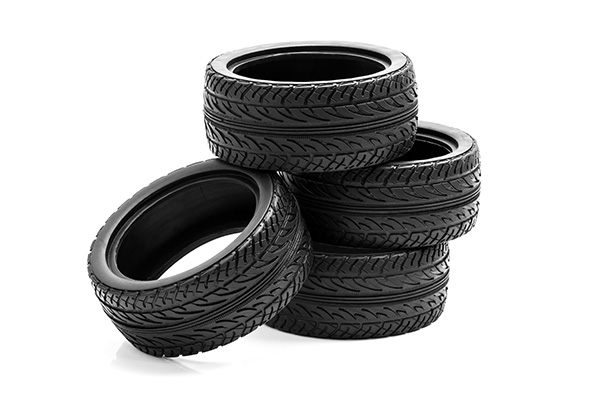
Tires are critical to your car’s safety, yet they’re often overlooked until there’s an obvious issue. But waiting for a flat or a visible problem can put you at risk. So, how do you know when it’s time to replace your tires? Is it based on age, wear, or something else? The Lifespan of Your Tires Tires don’t last forever, even if they still look usable. Most tire manufacturers recommend replacing them every six to ten years, depending on the brand and type. This timeline accounts for the natural aging process of the rubber, which can harden and lose its grip over time, even if you haven’t driven much. However, mileage plays a huge role in tire longevity. On average, standard tires last about 25,000 to 50,000 miles, though this varies depending on driving habits, road conditions, and how well they’re maintained. Frequent driving on rough roads or in extreme weather conditions can significantly shorten their lifespa ... read more
Posted on 10/31/2024
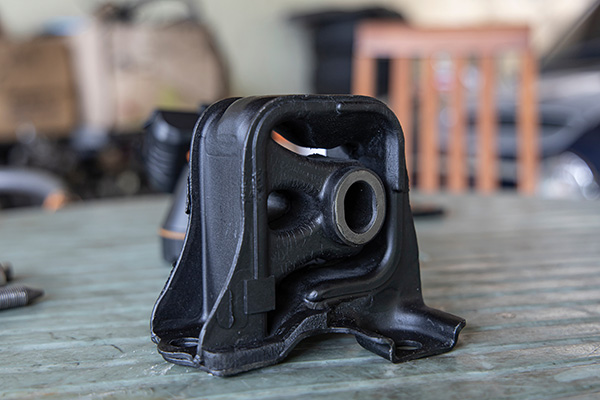
Your car’s engine needs to be securely held in place, and that’s where engine mounts come in. These parts not only keep your engine firmly attached to the car’s frame but also absorb vibrations and ensure a smooth ride. But, like most vehicle components, engine mounts wear out over time. So, how can you tell if they’re reaching the end of their lifespan? Recognizing the early signs of worn engine mounts is essential to avoid further damage to your car and ensure a safe, comfortable drive. What Are Engine Mounts Engine mounts are typically made of rubber and metal, and their main job is to keep the engine secured to the chassis. The rubber element in the mount absorbs the vibrations from the engine, while the metal frame holds everything in place. Without properly functioning mounts, the engine’s vibrations would be felt throughout the car, and the engine itself could move around in ways that could cause damage. ... read more
Posted on 9/27/2024
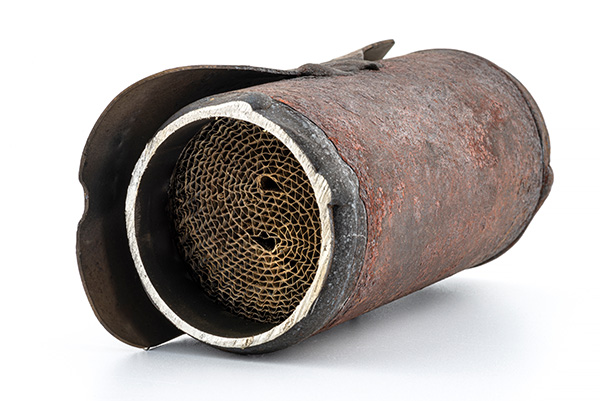
A catalytic converter plays an essential role in your car’s emissions system, reducing harmful pollutants before they exit the exhaust. But like any part of your vehicle, it doesn’t last forever. When a catalytic converter starts to fail, it can lead to serious performance issues and potentially costly repairs. How can you tell if yours is on its way out? Here are five key signs to look for that might indicate a failing catalytic converter. 1. Reduced Engine Performance One of the first and most noticeable signs of a failing catalytic converter is a drop in engine performance. If your car seems sluggish or lacks power, especially during acceleration, the catalytic converter may be clogged. When it becomes blocked, exhaust gasses can't escape efficiently, which reduces airflow and hampers your car's ability to operate at its full potential. This issue could also cause your vehicle to stall, especially when idling. If you're pushing harder on th ... read more
Posted on 8/30/2024
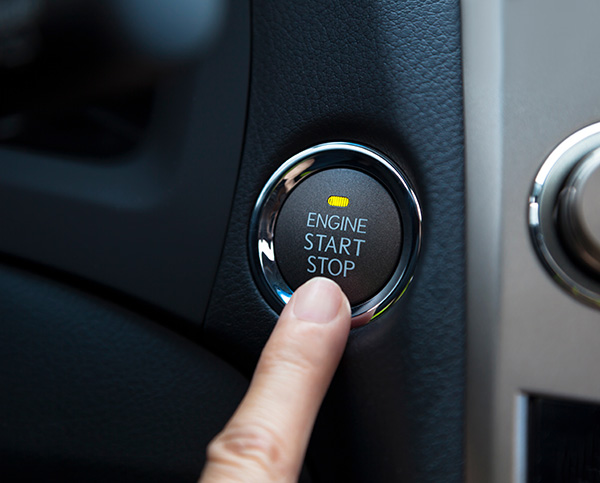
Modern vehicles come equipped with all sorts of high-tech features designed to improve efficiency, reduce emissions, and enhance the driving experience. One of these innovations that has become increasingly common is the engine auto-start-stop system. If you've ever been at a red light and noticed your engine shut off, only to start up again as soon as you lift your foot off the brake, then you've experienced this feature firsthand. But how exactly does it work? We will explain the mechanics and benefits of the engine auto-start-stop system and why it’s become a standard in many new cars. What Is an Engine Auto-Start-Stop System? At its core, the auto-start-stop system is designed to save fuel and reduce emissions by automatically turning off your vehicle's engine when it's idling, such as when you're stopped at a red light or in heavy traffic. The system then seamlessly restarts the engine when you’re ready to move again, typically wh ... read more